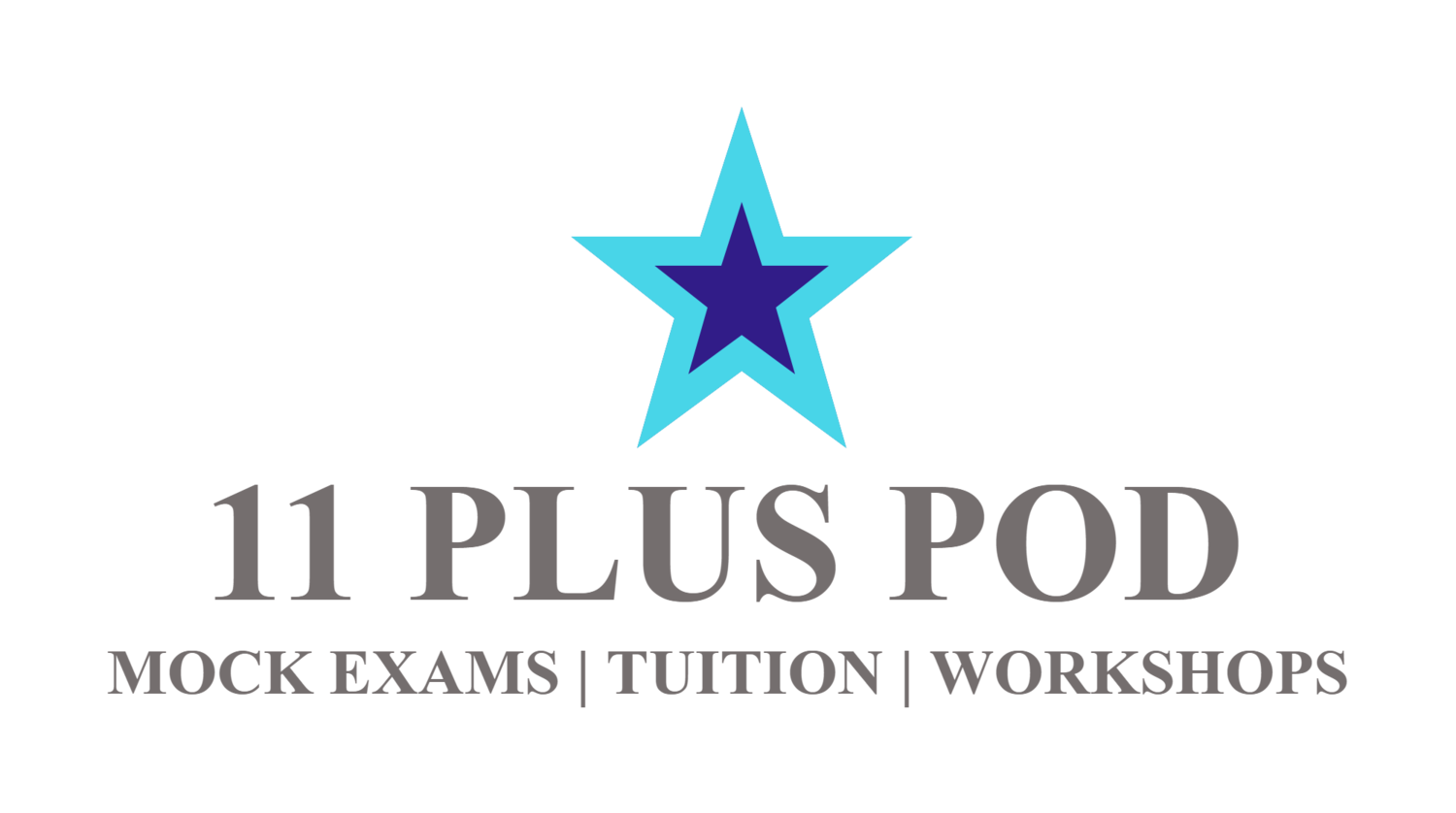Getting your child into the habit of reading on a regular basis is a great way to help your child develop their English skills in preparation for their 11+ or other entrance exams. Diverse reading helps to broaden your child’s vocabulary and is a key way for improving performance in selective and independent school comprehension papers and creative writing. It is important to encourage children to read from a young age; this improves their fluency, their knowledge of the English language and the wider world, whilst also helping to cement an interest in reading which will stand them in good stead for years to come. In many respects, as long as the reading materials are of high quality, it does not matter on what subjects the literature covers. Indeed, the most important aspect to encourage children to read at this age is to find a genre that interests them and which stimulates their enthusiasm for reading.
Additional benefits of regular reading are an increased ability to identify and understand the use and purpose of literary techniques such as metaphors, similes, personification, alliteration, adjectives, fronted adverbials, etc. within texts. It also has a significant impact on the development of their writing – another important skill which is often tested by entrance exams for selective and independent schools.
Whilst getting your child into a routine of reading regularly, it is also important to ensure you expose your child to different types of literature, such as short stories, poems, plays, non-fiction, letters, magazines and newspaper articles; the more the better! In doing so, your child will start to build an understanding of the differences in how these pieces of literature are constructed, the importance of past, present and future tense, direct and indirect speech and much more.
At 11 Plus Pod we have compiled a list of books (see separate PDF) which we recommend for children between the ages of 8-11. This predominantly lists works of fiction, but we do recommend children are exposed to as many different genres of literature as possible (see above). Children can access books in a variety of ways: traditional printed books, eReaders such as Kindle and iPad, online, audiobooks, local and/or school library, etc. If your child is struggling to find books that they enjoy, local and school librarians can be a great free source of advice and inspiration.
As parents, we often stop reading aloud to our children once they have achieved fluency or have completed their school reading scheme. Being read to is also incredibly beneficial as it often helps bring the book alive and stimulates discussion directly about the passage and underlying themes. These conversations help your child develop their skills of inference and deduction which are higher level comprehension skills vital to developing increased understanding of the texts.
Promoting reading and its benefits is hard in today's fast-moving, instant access and digital age. Books can often seem boring or time-consuming, requiring lots of effort and thought, when a whole world of entertainment is at our fingertips via television, the internet and game consoles but perseverance is key. Sometimes it can be one book, or one author, that fires the imagination and triggers enthusiasm and interest - so don't give up!
